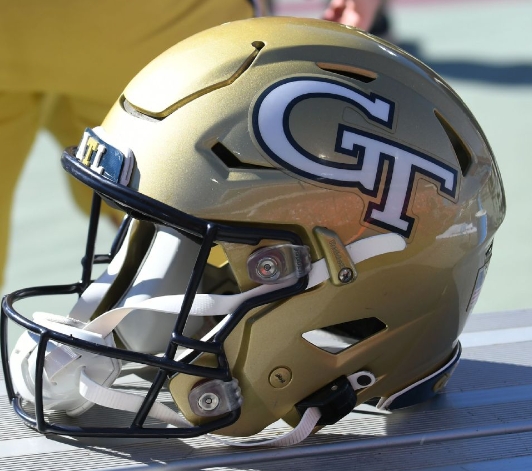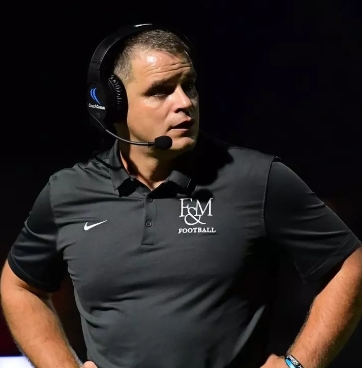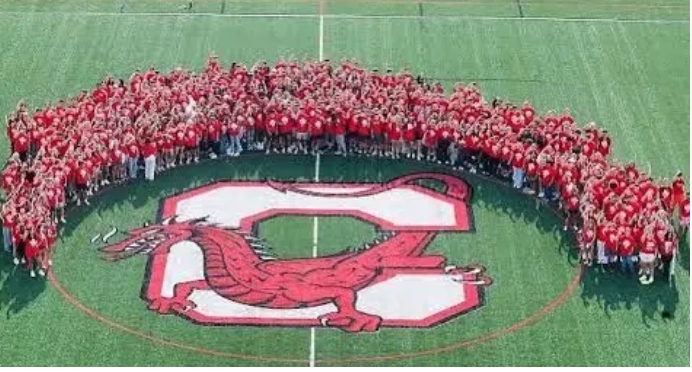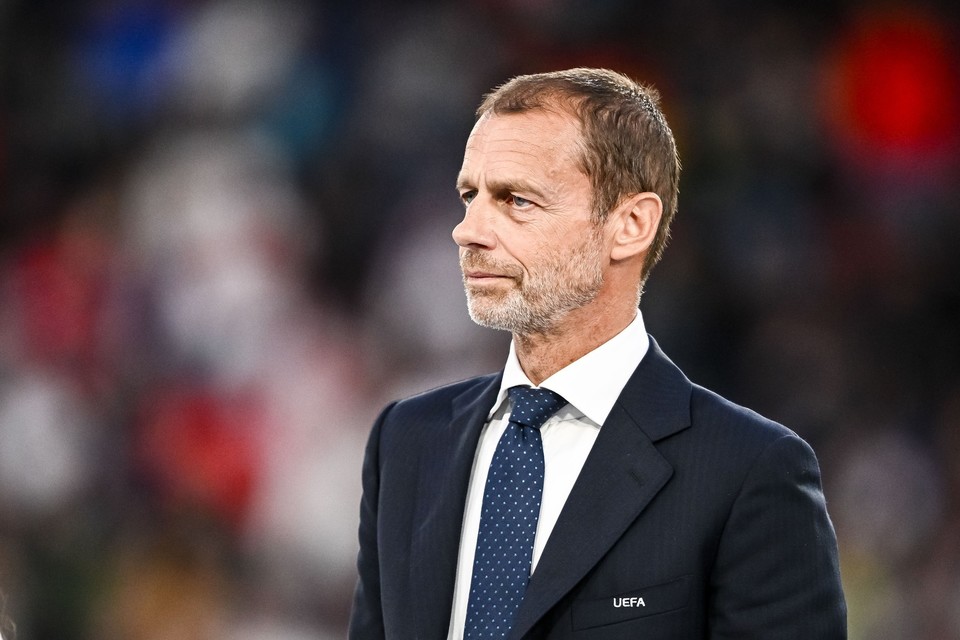For the Browns quarterback, the Rams made a cunning trade.
In a surprising and strategic move, the Los Angeles Rams executed a bold trade to acquire Shedeur Sanders, the talented quarterback from the University of Colorado, who had been drafted by the Cleveland Browns.
This maneuver has sent ripples throughout the NFL, as teams begin to position themselves for the future while also addressing immediate needs.
The Rams’ acquisition of Sanders is not only a gamble on youth and potential but also a clever investment in the future of their franchise, signaling a new era post-Matthew Stafford.
Shedeur Sanders, the son of NFL Hall of Famer Deion Sanders, has garnered national attention for his poise, arm talent, and leadership under pressure.
At Colorado, Sanders demonstrated the ability to carry an offense despite a porous offensive line and inconsistent supporting cast.
His football IQ, mobility in and out of the pocket, and confident presence make him an ideal candidate to develop into a franchise quarterback.
The Browns, who originally drafted Sanders as a potential successor or backup plan amid uncertainty surrounding Deshaun Watson’s long-term situation, shocked fans and analysts alike by trading him before he even took a snap in Cleveland.
The Rams capitalized on this unexpected opportunity with a package that reportedly included multiple future draft picks and a mid-tier player.
For a team that has historically shown a willingness to mortgage future assets for proven or high-upside talent such as their previous trades for Jalen Ramsey and Matthew Stafford this deal fits their aggressive, win-now DNA, albeit with a forward-looking twist.
With Stafford aging and often battling injuries, the Rams have been in search of a viable succession plan. In Sanders, they’ve found a high-upside rookie who can sit, learn, and eventually take the reins.
What makes this trade particularly cunning is the Rams’ ability to balance risk and reward.
Rather than spending a top pick to reach for a quarterback in a crowded draft class, they identified a promising player already evaluated and taken by another team, swooped in, and secured him at a reasonable cost. It’s a textbook example of opportunistic roster-building.
For the Browns, while some fans may see the move as a short-sighted decision, there is logic to their approach. If Watson is indeed their long-term plan and Sanders was never going to see the field, flipping him for value makes sense.
They gain draft capital and maintain roster flexibility without quarterback controversy.
Ultimately, this trade sets the stage for Sanders to grow within a stable organization that has a clear vision and strong offensive leadership. Under head coach Sean McVay, Sanders could thrive.
The Rams’ coaching staff is known for maximizing quarterback talent, and with a solid system already in place, Sanders can be nurtured without the immediate pressure to perform.
Only time will tell if this trade pays off, but for now, it looks like the Rams have pulled off one of the most intriguing and forward-thinking moves of the offseason one that could shape their franchise for the next decade.













Leave a Reply